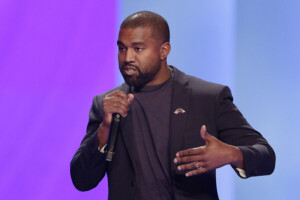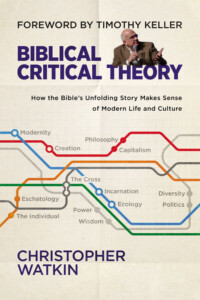
Jeff Iorg Encapsulates the Laodicean SBC
Jesus uses the pen of John in Revelation 3:14-22 to rebuke the lukewarm Laodiceans, who had all the signs of church “success” but, upon spiritual examination, were “wretched, pitiable, poor, blind, and naked.” Similarly, the signs of unwieldy, biblically adrift secularism and pragmatism are all over today’s Southern Baptist Convention











